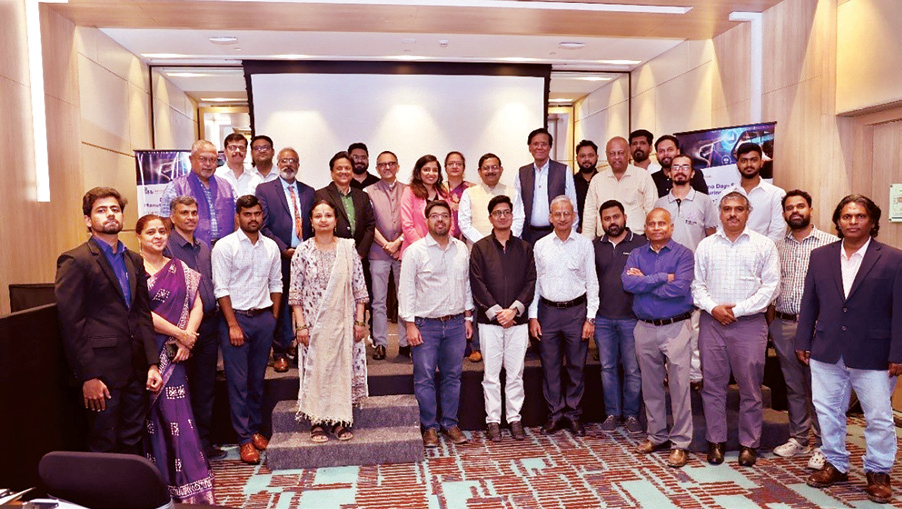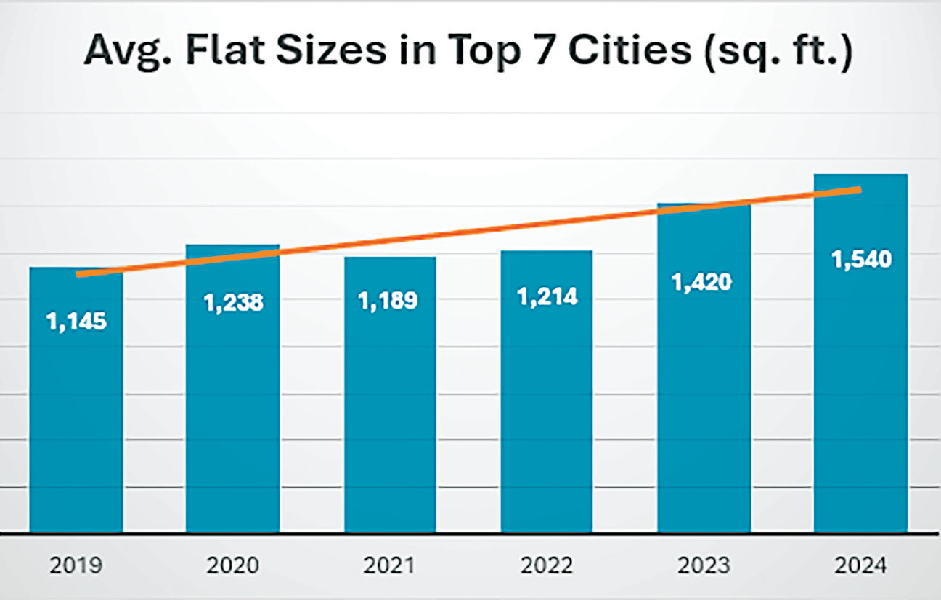
The future of work: companies and employees are open to welcoming the new style
Rithu Dravid & Mehak Mudassir
Cultivating an infectious culture that fosters a feeling of belonging in a workspace with or without face time is the new normal. By retaining this social element of work, people continue to operate from their homes and yet they are able to collaborate with their peers and work effectively. “I prefer to work from home and am not a believer in working out of the office all the time. Remote options give flexibility and better results,” says Tejas.
As the pandemic eases, the hybrid model of work is catching on. This work model is a mixing up of both work modes -- remote and in-office.
As the ‘new normal’ takes over employees like Zahid feel the need to adapt and make the most out of it: “This culture strikes a perfect balance between the corporate life and the private one, it has enhanced the bond with our family and made time spent with colleague valuable.” The ability to perform from home, with maximum efficacy with the right kind of focus is emerging. And the good news is, while people are growing to accept more ways of working, companies appear to be open to this as well.
“We can embrace the fact that we are all living through a gigantic experiment, where technology and what we used to call a workplace, no longer has any limitations,” says Danny, business head of an organisation. Implementing this culture for employees at the same time retaining business results is a challenge. But many companies have found the solution with the hybrid style.
“The work-from-home culture has been stretched for too long and the real time or physical team connect is missing. While there are no longer barriers for working locations and working from home, we still need to connect physically with the office for some aspects. Hybrid work place is the answer,” says Manoj Kumar, a team leader.
The duration of having to work from home without invading office spaces has set in boredom. Lavanya feels the office is a space full of co-workers and this helps to exchange ideas and be creative: “Also you need to get away from household issues. I feel so happy to be in the office even if it is for an hour or two.”
With the advent of the hybrid culture, workers have scheduled a plan to operate effectively in any circumstances.
Young professionals who had also moved out of their hometowns and gone to all parts of the country carrying with them their own culture welcome this. It gives them more time in their hometowns and helps in slowly adapting to the workplace requirement of their adopted cities.
The choice between returning to the physical office or working remotely is a big relief for many workers. One such employee is Arun says: “I went back to Mumbai and thought I would never return to work. Now with this hybrid mode there is more flexibility to work in both places.”
To manage and optimise this hybrid working conditions will be like the two ends of a fluid spectrum of options. But the future of work is certainly more flexible and purposeful and allows the employees to create value and achieve the targets.
 English daily published in Bengaluru & Doha
English daily published in Bengaluru & Doha






